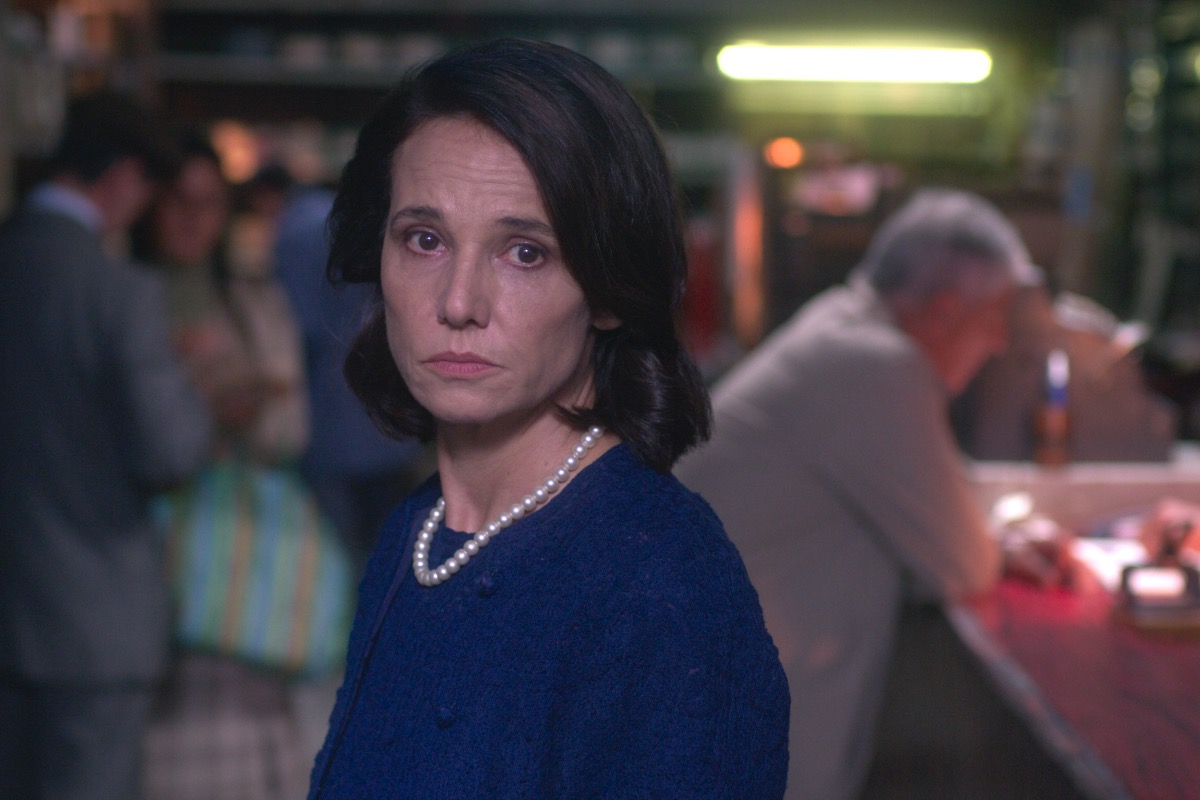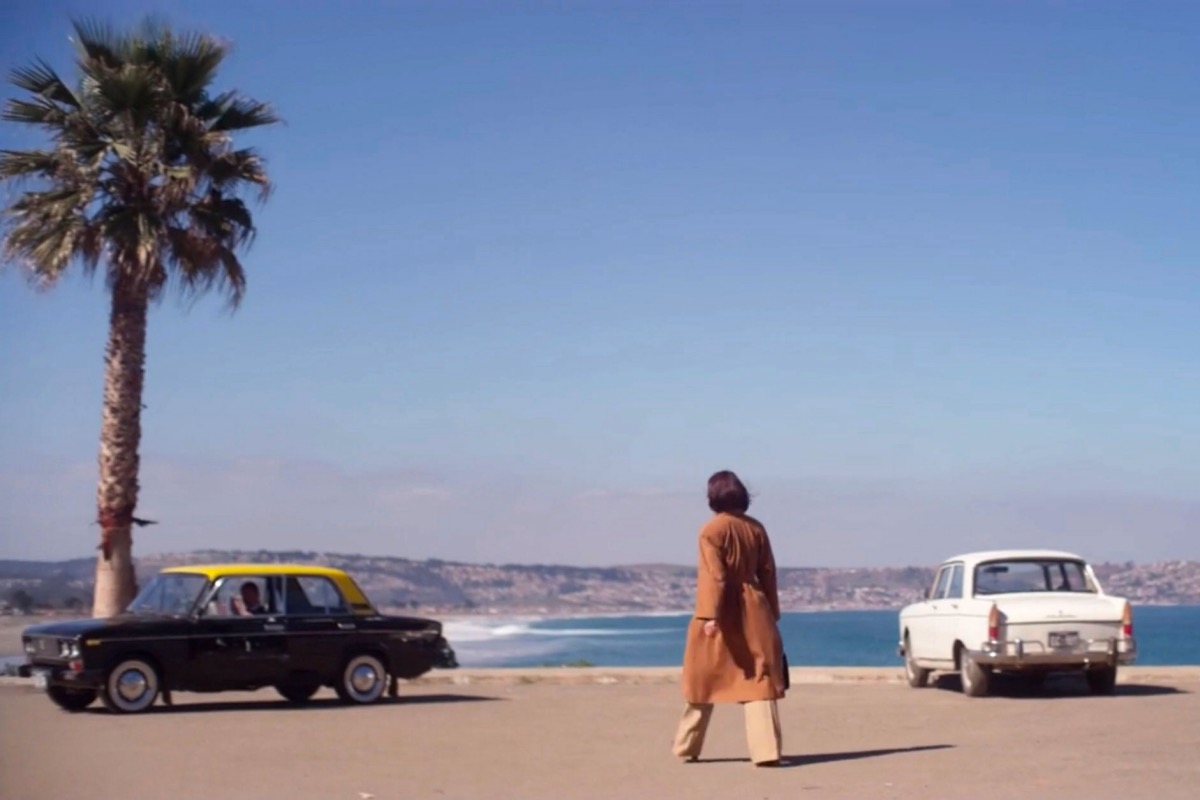

Chilean actress Aline Küppenheim stars as Carmen in Manuela Martelli’s ‘Chile ’76.’
“All the books that I read in school about history were mostly books written by men,” Manuela Martelli tells Latino Rebels. Martelli is the co-writer and director of the new film Chile ‘76, which offers up a slice of bourgeoisie life under the infamous dictator Augusto Pinochet.
But unlike the Oscar-nominated and similarly named Argentina, 1985, Chile ‘76 doesn’t focus on the names that appear in history books. In fact, other than a speech by Pinochet interrupting the character’s TV watching, there are no historical figures in this quiet, provocative film.
“I wanted to write my own history, add a piece, and make it from the point of view of a woman, the anonymous woman,” says Martelli, “and then revisit and revise Chilean history from this domestic point of view.”
She was inspired in this endeavor by her grandmother who she never met. From family stories, Martelli got the impression that the late matriarch was “special,” “brave,” and “advanced for her period.”
Her grandmother was a woman who wanted to be an artist but instead did what was expected of her—she got married young and had kids. Still, “she started opening up a space for women in the family,” says Martelli, like many in her generation.
Chile ‘76 focuses on a similar protagonist: a well-to-do abuela in her fifties, Carmen, played with grace and stillness by Chilean actress Aline Küppenheim. No one expects Carmen to do more than go to church, occasionally watch her grandkids, and redecorate her beach house.
But when Carmen’s priest asks for her help, she answers the call in an act of bravery that Martelli knows is less common than we’d like to believe.
“As humans, we have this mechanism (of) sometimes deciding not to see. Sometimes we walk in the street, we see these people living there and sleeping in the street. Sometimes it’s cold, sometimes you see the hungry, and you can just go and pass by.”


From Manuela Martelli’s ‘Chile ’76’
Carmen sees and takes action, even at great personal risk. And no one suspects her —not her family, not the police— because of the common misconceptions about grandmothers and their place in society.
Of this choice to create the rare middle-aged woman hero, Martelli says she wasn’t interested in “the cute 20-year-old girl who’s the protagonist… I want to know more about older women. I want to go deep into their lives and make a portrait of a woman this age.”
And it’s not just Carmen’s years that make her different. “Usually the narrative is like, okay, there’s a woman, there should be romance… If there’s a man, then the woman should be in love with the man. (But) if a man is in the film? (It is) not necessarily the same. (So what if) she’s into something else?”
Carmen’s story is about something else: doing the unexpected but unquestionably right thing. “It wasn’t only repression,” Martelli says of Pinochet’s dictatorship. “There were many people who thought that their privilege was more important than democracy.”
And those characters exist in Chile ‘76 as the villains, yes, but also as the dinner guests, the regular folks just passing by.
And that’s why Carmen, her story, and her peers serve as an important reminder that “democracy is always in danger” as the writer-director says. Martelli sees her film as a specific story about a specific moment in history but also a reminder of the broader ways fascism works.
Indeed, Chile ‘76 shows how too many of us are complicit in fascism, even as the film uses Carmen’s example to inspire hidden acts of bravery that don’t make the textbooks. And to be clear, Carmen must cross class, gender, and political lines to be on the right side of history.
For her part, Martelli is calling upon us to “rethink” our past, not accepting the version written by white guys, and instead use our modern understanding of race and gender to reexamine what occurred and how it got us to where we are today—or better or for worse.
—
Chile ‘76 is in select theaters now.
***
Cristina Escobar is the entertainment reporter for Latino Rebels. She is also the co-founder of latinamedia.co, uplifting Latina and gender non-conforming Latinx perspectives in media. She’s a member of the Latino Entertainment Journalists Association and writes at the intersection of race, gender, and pop culture. Twitter: @cescobarandrade



[…] post ‘Chile ’76’: Writer-Director Manuela Martelli Centers Anonymous Women Who Made History (INTERV… appeared first on Latino […]